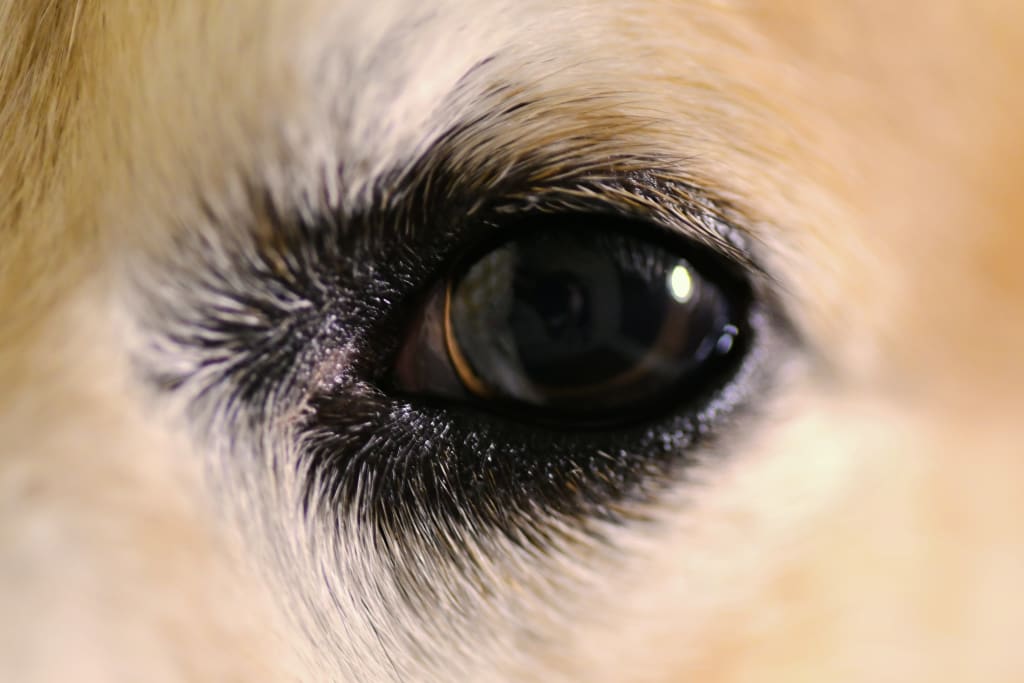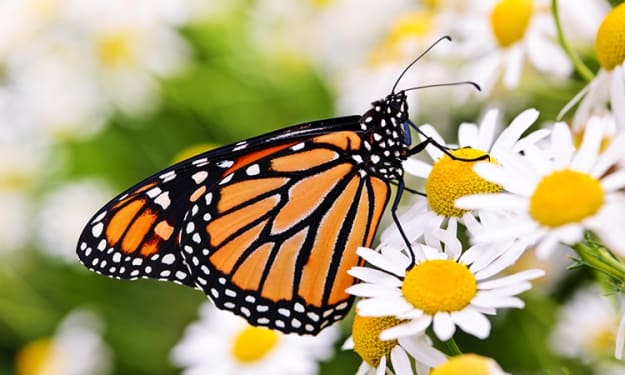Animal-lessons
The unconscious wisdom within the animal instinct

He may not have superior intelligence, but he has feelings. I've seen him expressing love, fear, anger, joy, sadness.
Robbie is a dog, but he is closer to the core of existence than a human in modern society.
When we walk nearby the body of a dead animal, none of his emotions are reflected in his behavior. And more specifically: There is no sadness. He does not mourn or grieve. A neutral investigation through the sense of smell is all that takes place. And he continues his walk.
I suspect that if the dead body was mine, he would have done the same and he would feel sad only later, because of my absence. He would be melancholic because of our separation, but not because of death itself. Death as a phenomenon is probably something natural for him, and animals accept the flow of nature's processes.
Reality vs illusions.
Animals don't live in illusions. They live in Reality. Humans —on the other hand— don't. Humans usually think that reality is identical to what their five senses tell them. They just look, they don't "see". They hear, but they don't listen. They think that the interpretations they make through the filters of their personality are what happens in any given situation. They live based on their beliefs, their memories, their repulsed desires, their fears.
What's the big deal about endings?
Animals are not bagged when a circle comes to its ending. It is what it is. Just like that. People sometimes spend years wandering in everyday life full of anger or self-pity about something that was ended; a relationship, a career, a friendship.
When Autumn or Winter comes, animals don't whine. They find a way of managing the conditions of these stages and they move on. They know —without having the consciousness of it— that this circle is just as it is. They trust the natural flow of things. The animal instinct —that supposed to make them inferior to us— may have the side that could lead them to wildly eat another creature, but it also has another pole: the clear knowledge of nature's functions, the direct contact with these and the wise version of the acceptance.
Pleasant vs Unpleasant
Animals don't grumble with the "unpleasant" parts of a situation, because they "know" that these always co-exist with the "pleasant" ones. Humans always seek pleasure and avoid displeasure, at all costs. Any discomfort is being kept away, as the great enemy of their "safety". They are afraid of dealing directly with reality, which is beyond both pleasure/displeasure and fear. They refuse to take responsibility for their Evolution. They resist basic principles of the system of life, while —at the same time— they unresistingly accept the things that can really be changed.
So?
Am I trying to say that animals are superior to us? No, because there is no such thing as superiority or inferiority in the system of life. There is evolution. When the animal kingdom reached the pinnacle of its evolution, the human kingdom came up. So, we are the result of a procedure that was governed by divine wisdom. We have many things in common, and our ability to have consciousness of what we do or think is what came up during the "expansion".
This consciousness and our critical thinking have meaning and utility, only when we use them. We often don't use them or we don't use them wisely. And we usually don't turn our thoughts inward to remember the direct contact we —naturally, like/as animals— have with the True Knowledge of the divine.
Animals fight for many things, but never against the functioning axis of the Universe. They accept it as it is.
Αnd this is not called passivity, but smooth and harmonious flowing with the True Existence.
About the Creator
Anthi Psomiadou
Writing, Life coaching, Criminology, and more. But I simply do these, I am not these. I just am. I am what I am, at any given moment.






Comments
There are no comments for this story
Be the first to respond and start the conversation.